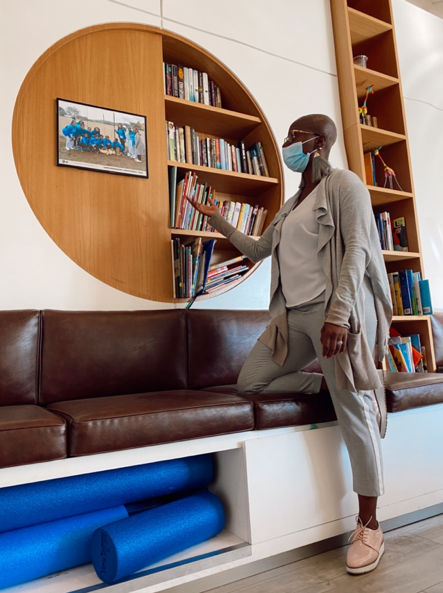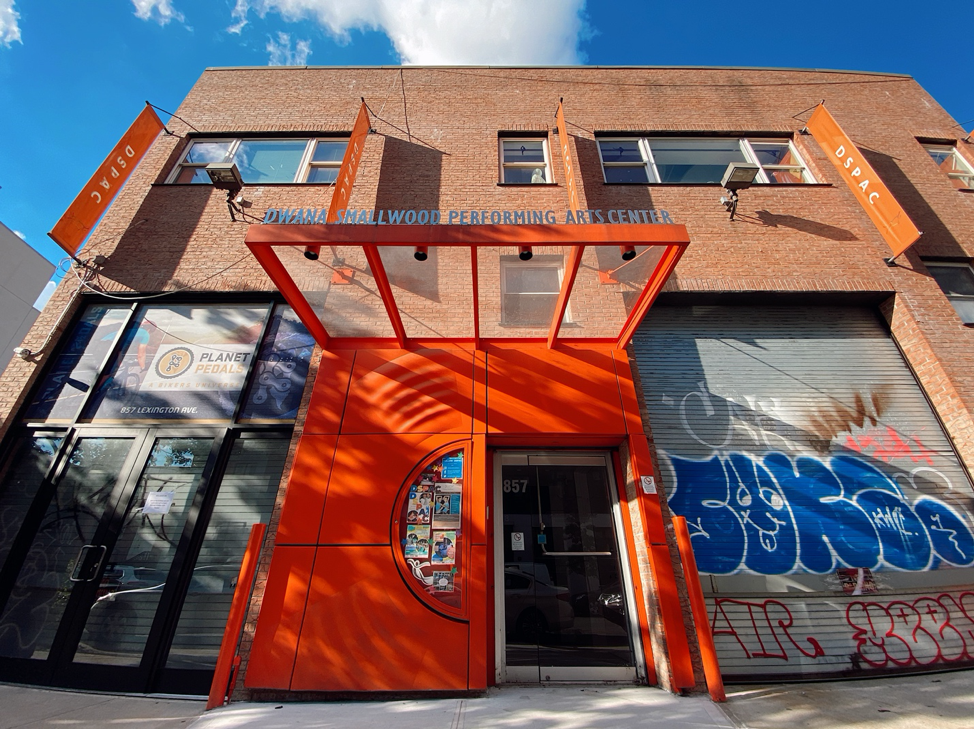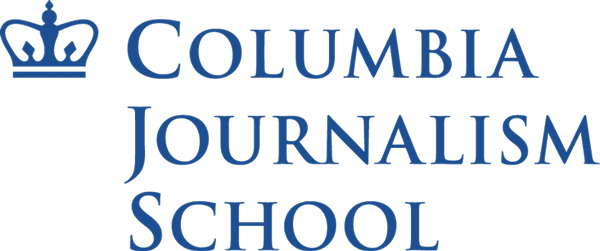Dwana Smallwood grew up in Bedford-Stuyvesant with a dream to become a dancer. Starting in the mid-1990s, she performed on stages around the world and was declared “one of the greatest modern dancers” by Vogue Magazine. Oprah Winfrey asked her to go to South Africa to help young girls at her school.
Then she came back to Brooklyn to fulfill another dream: to nurture disadvantaged youths in Bed-Stuy through a new dance studio.
But now her Dwana Smallwood Performing Arts Center is one of many small businesses threatened with closing permanently due to the pandemic. Not only is the Covid-19 shutdown, which forced her to cancel classes and refund space rentals, pushing her non-profit farther into the red, her landlord wants to raise her rent.

Raised by a single mother who “begged, borrowed and stole” to give her more opportunities, Smallwood credits a one-room dance school with giving her the structures and role models to make informed choices.
“The drugs existed on my corner, still exist on my corner,” Smallwood said. “And what stops me is I have an alternative, I have a community of people who see me, recognize me and point me in a different direction.”
Smallwood made it. She became the principal dancer for the Alvin Ailey American Dance Company. She then traveled to South Africa to run a dance program at the new Oprah Winfrey Leadership Academy for Girls in South Africa in 2009. Smallwood’s successes enabled her to open her center in 2013, to be a positive influence for kids who might not have one.
Every semester, Smallwood’s center teaches more than 100 3- to 18-year-olds. Students learn an array of dances from modern to hip-hop, ballet to African dance, tap to musical theater. Performances draw hundreds to the bright orange entrance on Lexington Avenue, a community pillar among once-vacant buildings flipped into container-like apartments.
The building directly across the street was a home for the elderly until the city shut it down for health code violations. Now, it’s a seven-story condo complex with 63 units that rent for an average of over $2,700 per month.
Though she received a Paycheck Protection Program loan that got her through the spring and early summer, she had to lay off her one employee and the nine dance teachers she contracted with. She says the federal and local governments are failing to help arts and community-based non-profits survive. Her loan for $42,000 was dwarfed by the multiple loans larger businesses received.
“I think there is something fundamentally wrong with a society that does not pay attention to its most vulnerable,” Smallwood said. “Another person is unemployed. Another school, all the teachers, unemployed, so we can give bailouts to airports and airlines.”
If the center shuts down, those who depend on it would lose more than dance.
“It got me through so many different obstacles I had in life,” said Fiona Purchas, 21, a former student at the center. “I was failing my classes. I wasn’t doing very well. And the people that are part of the center, they really helped lift me up and get me back on the right path.”
Four years later, Purchas is now a freshman at Iona College.
Isabelle Straker, 19, took a gap year after graduating from her Brooklyn high school and Smallwood hired her as an intern. “My internship made me decide on my major: business administration,” Straker said.
“It definitely brought life to the community for young girls and boys,” said Aziza Mashariki Rice, who put her daughter in classes at age 3 and who grew up with Smallwood. “We danced on the block together and we danced in the dance studio together.”

Smallwood created a community, said Chrisette Mignott, a single mom. When a group of students were supposed to go to South Africa to visit Oprah’s school, Mignott couldn’t afford to send her daughter. But Smallwood “made it happen.”
Smallwood’s landlord tried to raise her rent from around $5,000 to $28,000 a month in March, she said. She hired a lawyer to negotiate down to $8,000 a month.
Abraham Gelbstein, Smallwood’s landlord since 2017, said he didn’t remember what the exact number was because it was “a long time ago” but that $28,000 “wasn’t accurate.”
Now, the center’s bank account is nearly empty, and rent is not the only reason. Smallwood had to refund parents who paid for the spring semester. Many accepted credits for future classes–$86,000 total. So, if classes do resume, they won’t be charged.
Covid-19 also shut off another source of income: renting studio space, which represented a loss of around $10,000.
Smallwood started a fundraising campaign in April. The goal was to get as many people as possible to donate $1 to help her stay open. It wasn’t working.
So, Smallwood put out a call for help on social media.
“I was just like, I want to scream, I want to cry, I want to yell,” she said. “I want somebody to listen. I want something to stop.”
Instagram activist Shaun King saw her post and featured the center on his page. Since then, donors have contributed $80,000. That money is going towards fixed fees, operational expenses and refunds to parents.
More help may be on the way. Eric Adams, the Brooklyn Borough President, doesn’t think the city is doing enough to help her center.
“Art is an economic stimulus,” said Adams. “Many of the young people who have attended her school, if you were to follow their trajectory, you will see that they are viable contributors to our city. She’s creating healthy Black lives.”
“We’re going to reach out to her office and see if we can allocate what’s called discretionary funding to help her,” Adams said.
Smallwood put the center in this area on purpose.
“There’s a bank, there’s some unhealthy markets, there are some drug facilities,” Smallwood said. “There aren’t the best schools, no centers or facilities to make sure the community is thriving.”
“We provide choices, options, opportunity,” Smallwood said. “I’m trying to get our kids to dream past the four-block radius that they live on.”
About the author(s)
Nicole McNulty is an audio journalist based in New York. She was born in Texas and spent her adolescence in Germany and Colorado. After traveling in her van for two years she now calls the city home. Her freelance print work can be found in The Boulder Weekly, The City Weekly and The West Side Rag. Nicole is currently studying at Columbia Journalism School where she's focusing on crafting audio stories for Uptown Radio. Connect with Nicole on Twitter @nicole_mcnulty and via email nicole.mcnulty@columbia.edu



